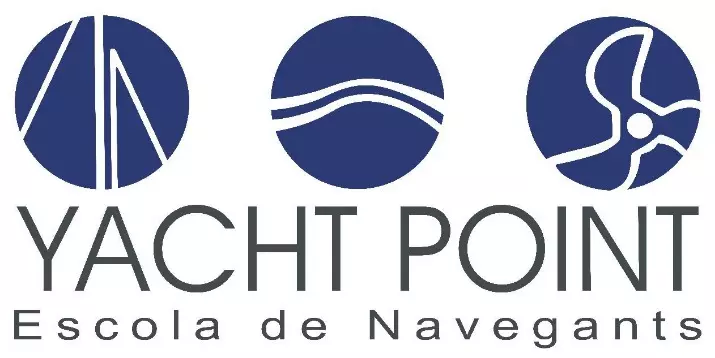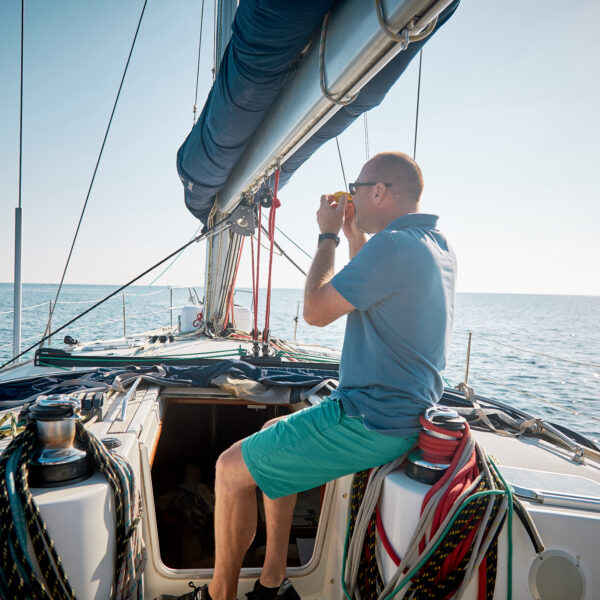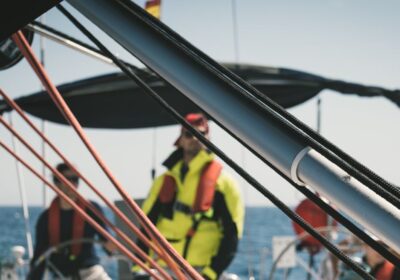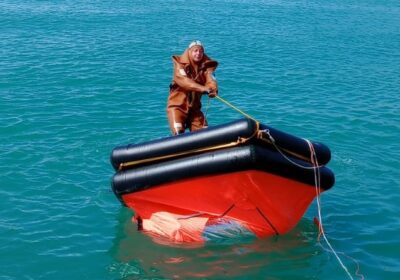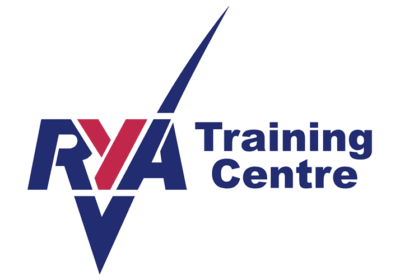The ideal way to learn to sail is obviously from the base. Having been a sailor for a while will help us to be a better skipper. In addition to knowing from experience how difficult it can be to anchor a boat from the boat or prepare a coffee with a sea formed, we will serve to manage the crew more properly and know what we can ask.
In Spain we do not have a recreational qualification that certifies us as an efficient crew: know how to use the moorings correctly, put a curl, handle the mooring maneuver or simply keep the course to sail. In short, all those maneuvers that we constantly ask those who help us and that must suffer our nerves when they do not do as we expected. The most direct consequence is that we become patterns that we do not know how to delegate, we move away from the goal of being a team and we move to occupy the role of “great leader” without autonomy for others.
So anyone who asks me if their partner or relatives should also “get a degree to help them” I say no, that I would better invest the money in a British RYA “Competent Crew” course. If the degree itself is not what you are looking for, but rather the knowledge that allows us all to navigate more efficiently (and therefore more safely), this is the ideal format.
Five days (followed or on two weekends) on board with an instructor to teach us everything necessary to be an effective crew member:
- Sail handling: handling sheets and winches, taking curls, folding sails, changing sails in navigation.
- Handling of moorings.
- Knowledge of security equipment.
- Understanding of what a man’s maneuver to water implies.
- Being able to make a watch.
- Operation of the auxiliary vessel.
- Use of anchorage.
Just by imagining having an effective crew in those tasks the crossing becomes easier and more comfortable. It’s not strange to find crews who are ultimately more competent in such tasks than the skipper himself.
If, on the other hand, we look for a title that enables us as skippers, it would go to the “on board” format. For Spanish qualifications we will find the PER on board and for English flags or skippers that go from “seconds” in Spanish flags, I would definitely recommend the one that in my opinion is the best course by far: Day Skipper.
Five days on board that will turn the apprentices into safe and effective employers. The “on board” format involves knowing all aspects of the boat, from maneuvering to habitability and comfort. It’s a comprehensive learning.
Sometimes, in ordinary course formats, we have theory on the one hand, practice on the other, where perhaps we find an excessive number of students and little time for practice. Being a reliable skipper goes far beyond knowing how to moor or being able to win a regatta. The skills a skipper should master should be:
- Skill in the maneuver
- Correct planning of the crossing.
- Proper handling of the crew.
- Mastery of emergency mechanisms and procedures -awareness of the limitations of the skipper, crew and ship.
Such standards are only achieved by spending hours on board with people who can teach you. My vote for any residential course format.
You can learn to navigate…
For more information: info@yachtpointbcn.com
